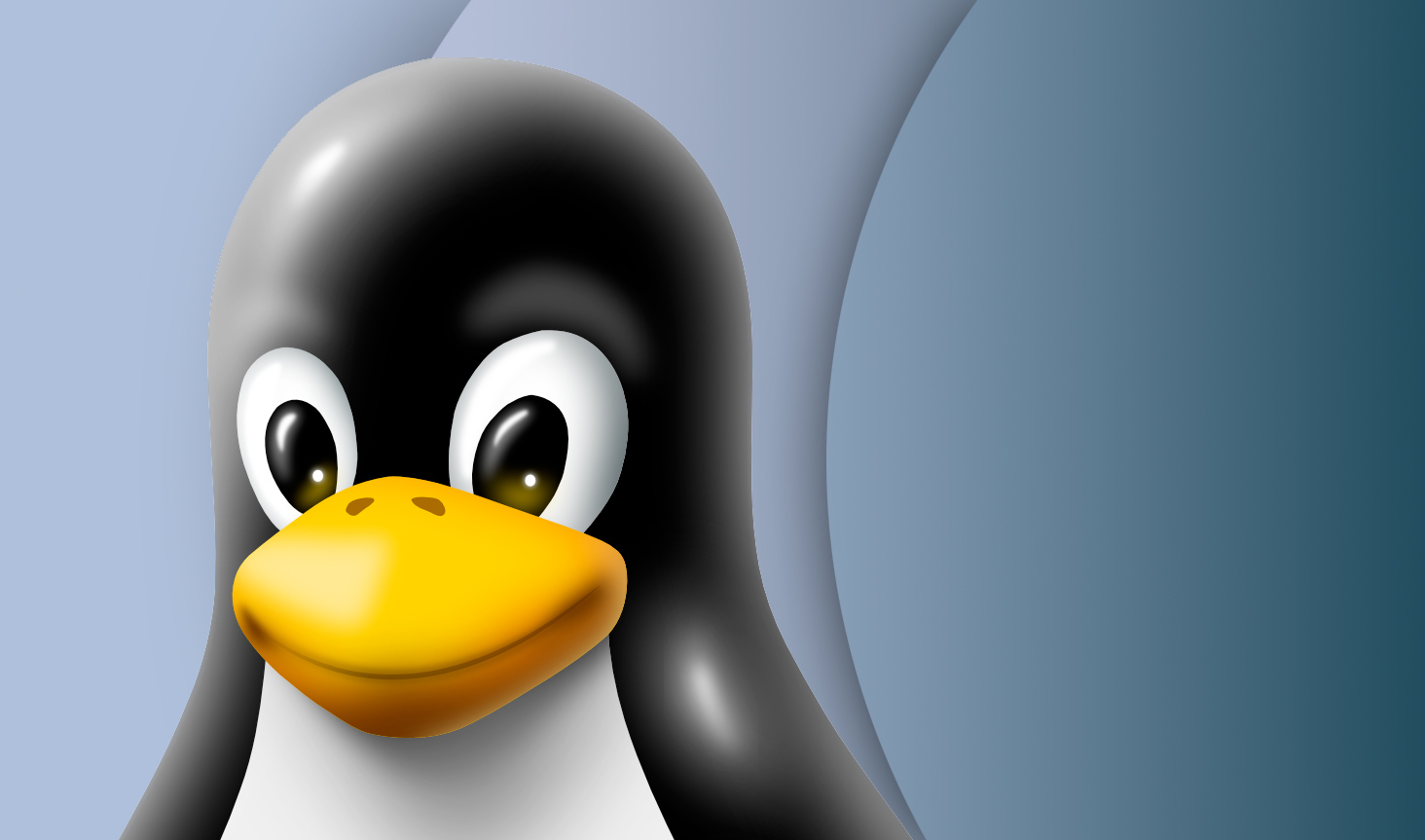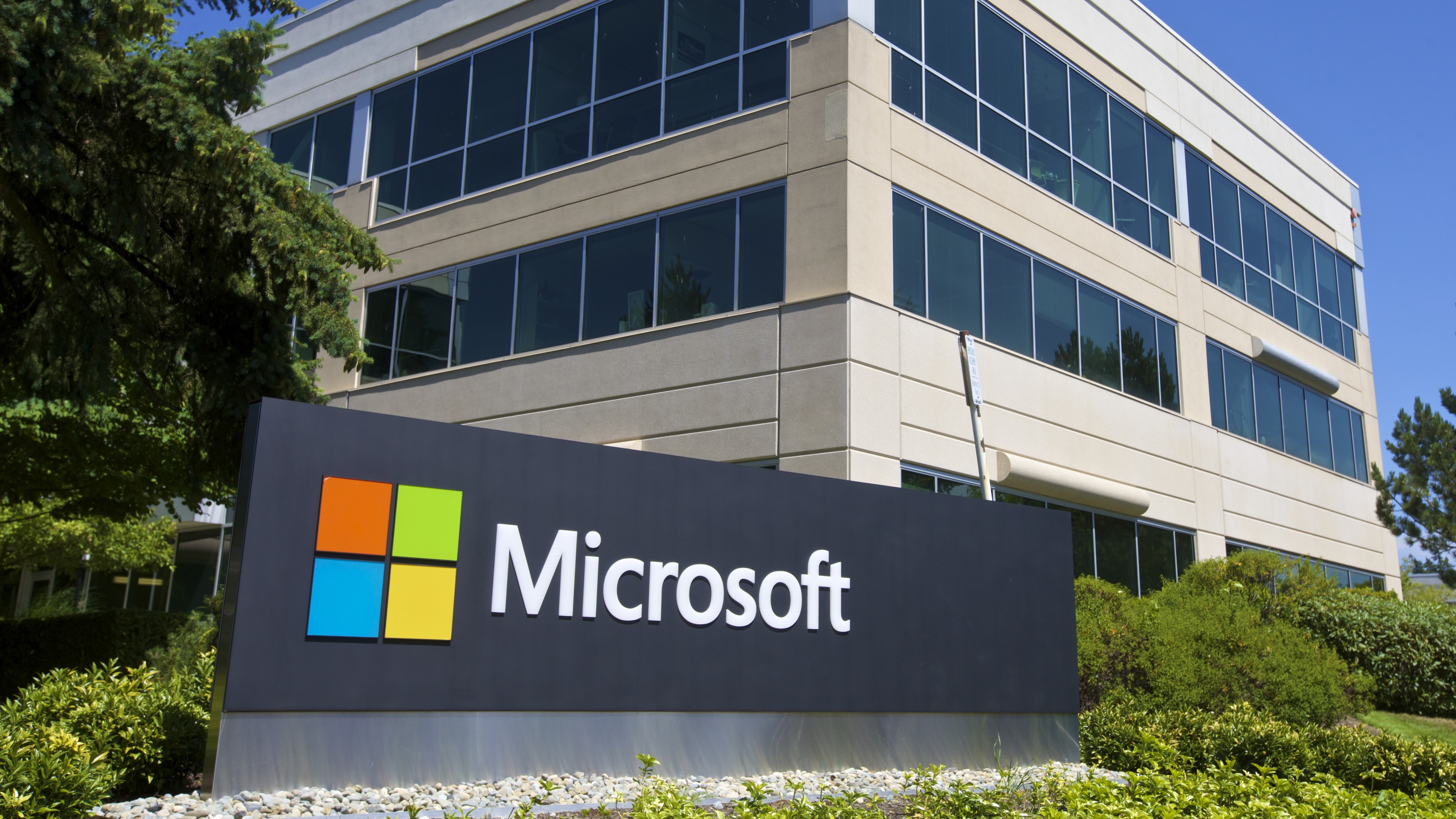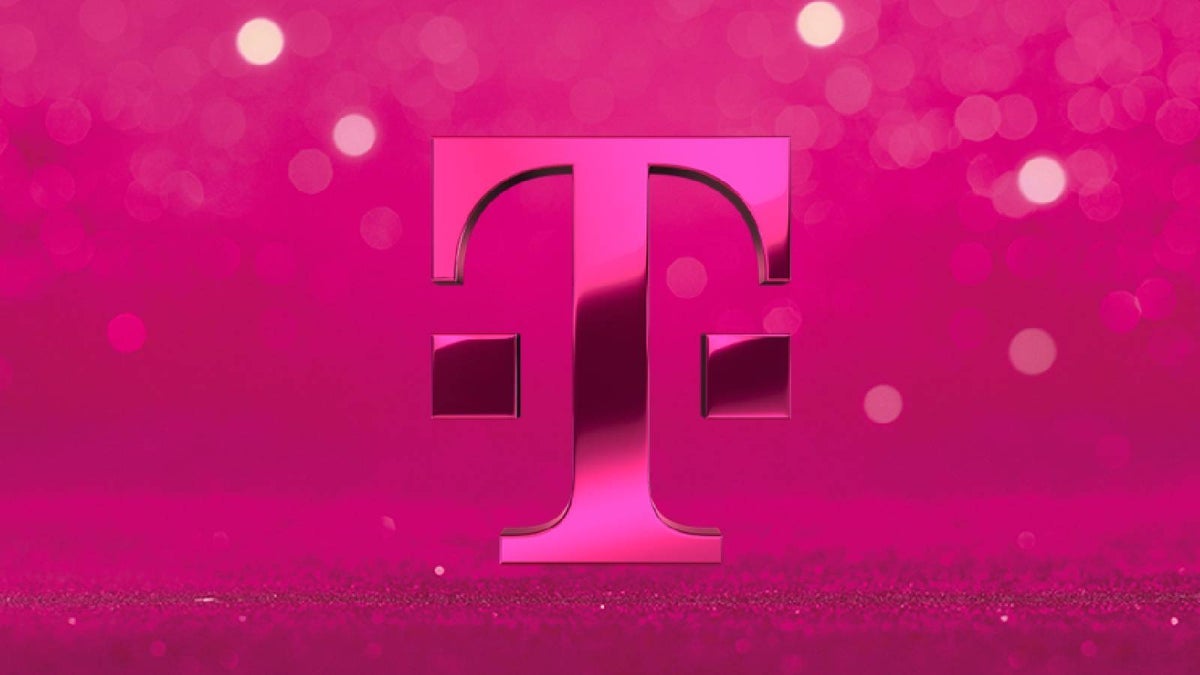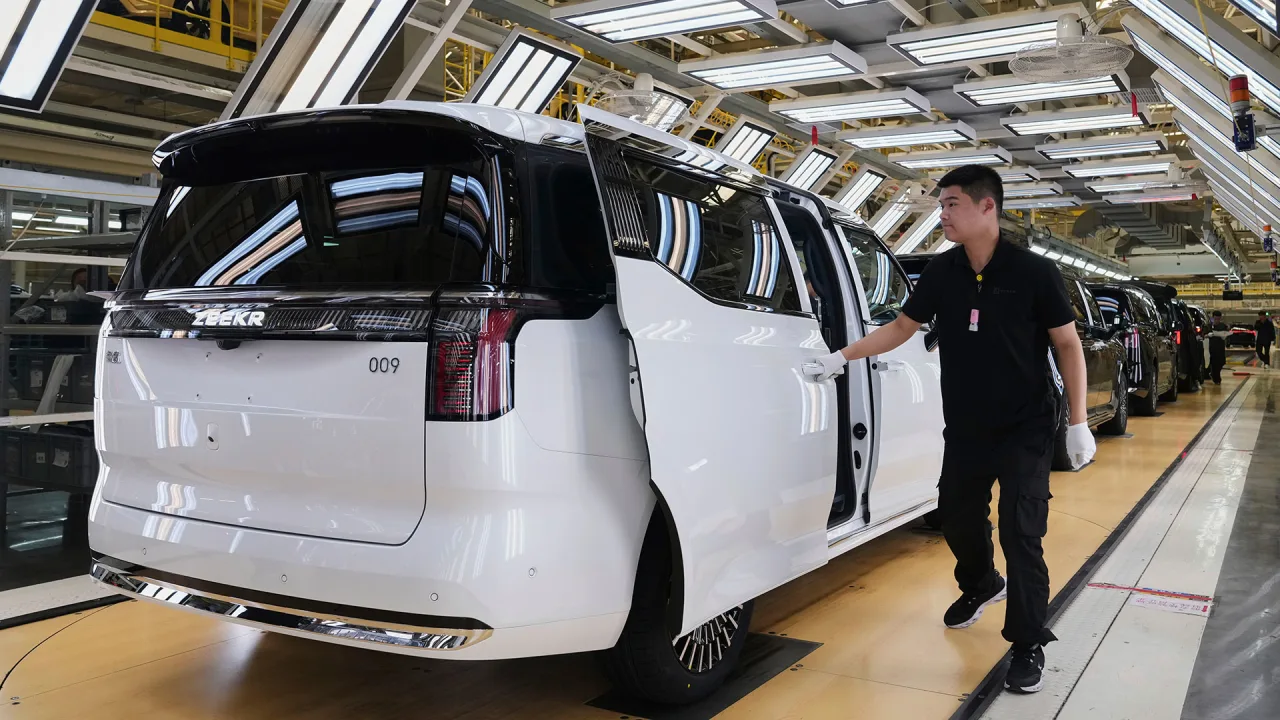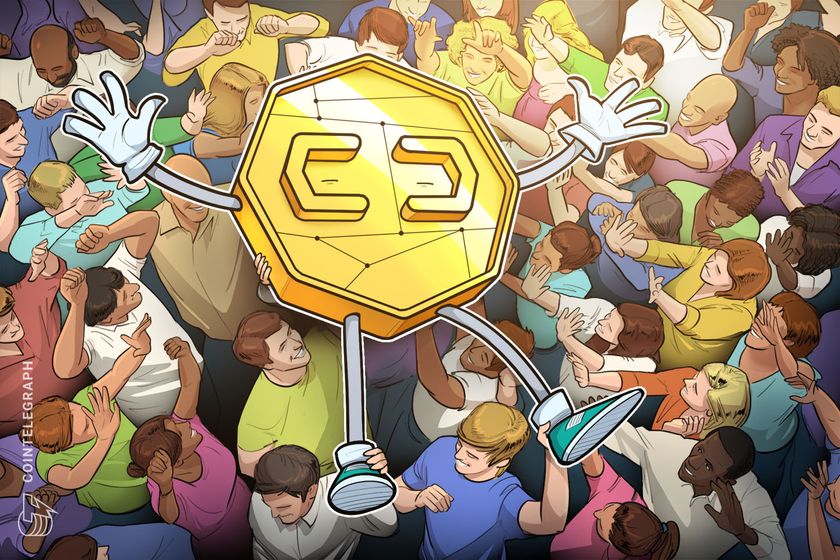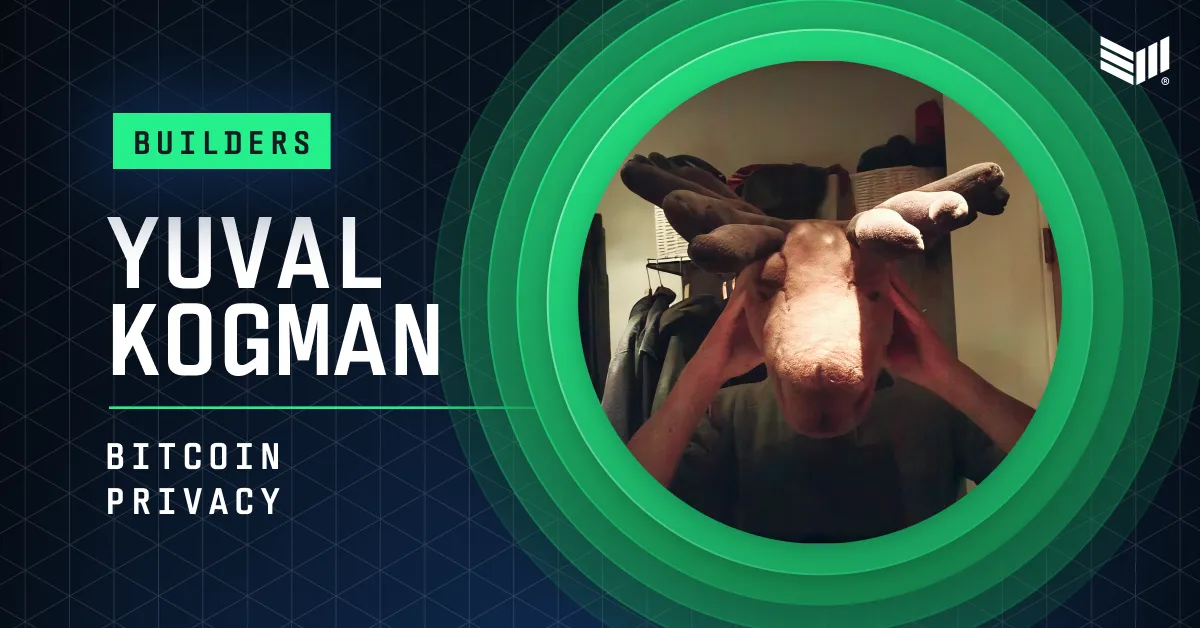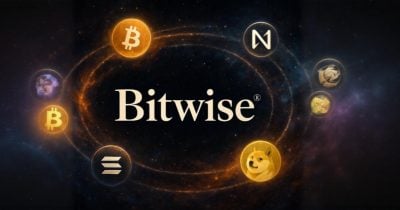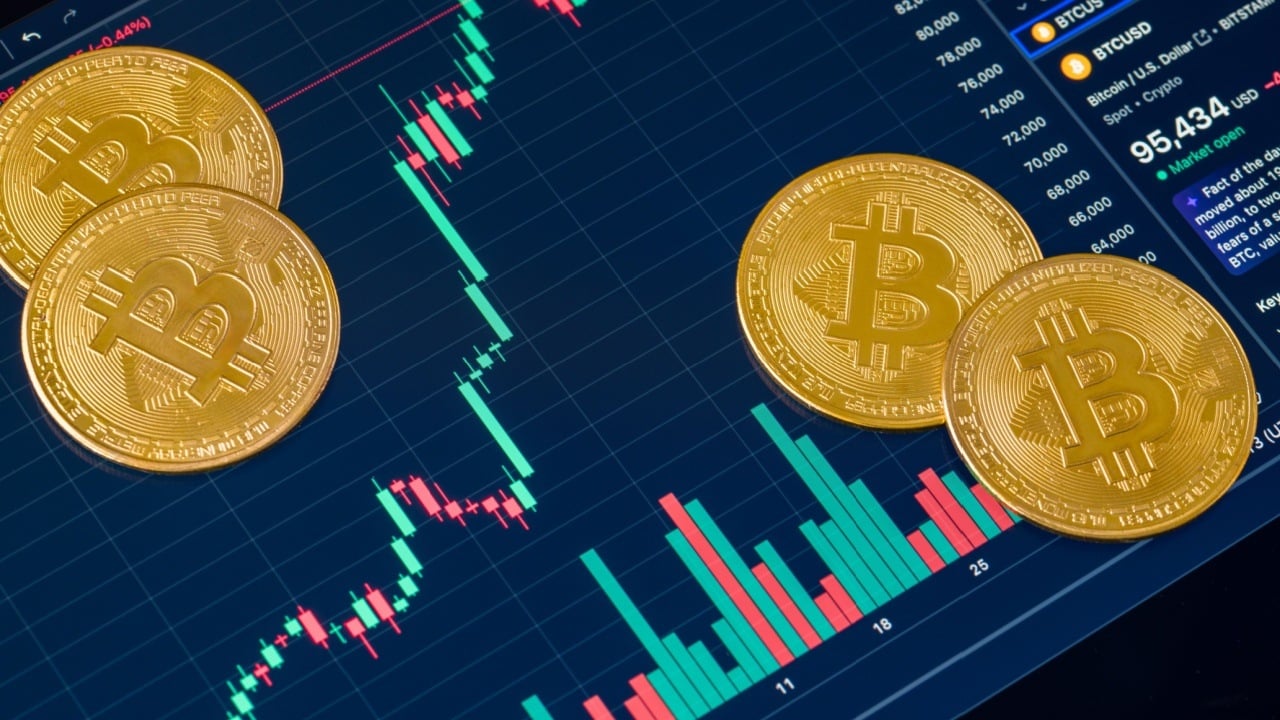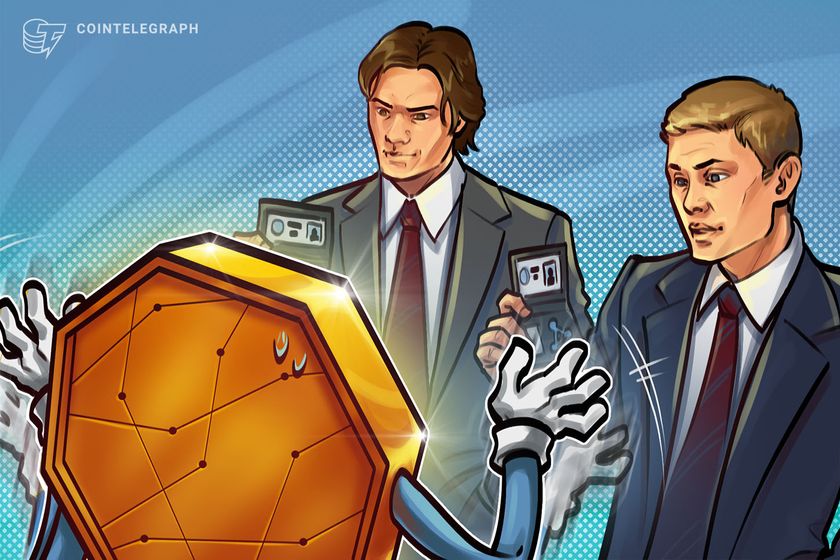Intel confirms layoffs as it tries to 'make engineers more productive'
Beleaguered chipmaker Intel has confirmed plans to restructure in a shift that will involve an unspecified number of layoffs. It was reported this week that the company could lay off around 20 percent of staff (it had 108,900 employees at the end of last year). In a memo, new CEO Lip-Bu Tan declined to detail the extent of the downsizing, which is largely aimed at reducing "unnecessary bureaucracy" and layers of middle management. "I’m a big believer in the philosophy that the best leaders get the most done with the fewest people. We will embrace this mindset across the company, which will include empowering our top talent to make decisions and take greater ownership of key priorities," Tan wrote. "There is no way around the fact that these critical changes will reduce the size of our workforce. As I said when I joined, we need to make some very hard decisions to put our company on a solid footing for the future. This will begin in Q2 and we will move as quickly as possible over the next several months." Intel has been downsizing significantly over the last few years. Just last August, the company said it would cut more than 15,000 jobs to reduce costs. Intel has been struggling with slowing sales — it didn't act quickly enough to keep up with the industry's shift toward artificial intelligence. Unsurprisingly, AI will be a focus for Intel going forward. "My focus will be ensuring that our team builds products that are highly competitive and meet the needs of our customer as we enter a new era of computing, defined by AI agents and reasoning models," Tan said in a call with investors on Thursday. "To achieve this, we are taking a holistic approach to redefine our portfolio to optimize our products for new and emerging AI workloads. We are making necessary adjustments to our product roadmap, so that we are positioned to make the best-in-class products while staying laser focused on execution and ensuring on time delivery." Tan is aiming to speed things up by turning Intel into a company that's focused on engineering. "Many of the changes we will be driving are designed to make engineers more productive by removing burdensome workflows and processes that slow down the pace of innovation," he wrote. The company is planning to reduce costs elsewhere in order to "make necessary investments in our engineering talent and technology roadmaps." It's hoping to lower its operating expenses by $1.5 billion over the next two years. Efficiencies are the name of the game here. Tan wants managers to get rid of unnecessary meetings and reduce the number of people who attend meetings as "too much valuable time is being wasted." Intel is also expanding its return-to-office mandate by requiring workers to be on site four days a week (up from three) starting in September. Tan certainly has lofty goals as he looks to turn around Intel's fortunes. "I’m talking about the opportunity to fundamentally reinvent an industry icon. To pull off a comeback that will be studied in business schools for generations to come. To create new technologies and deploy them at scale to change the world for the better," he wrote. "Intel was once widely seen as the world’s most innovative company. There’s no reason we can’t get back there, so long as we drive the changes needed to improve."This article originally appeared on Engadget at https://www.engadget.com/big-tech/intel-confirms-layoffs-as-it-tries-to-make-engineers-more-productive-143825752.html?src=rss

Beleaguered chipmaker Intel has confirmed plans to restructure in a shift that will involve an unspecified number of layoffs. It was reported this week that the company could lay off around 20 percent of staff (it had 108,900 employees at the end of last year). In a memo, new CEO Lip-Bu Tan declined to detail the extent of the downsizing, which is largely aimed at reducing "unnecessary bureaucracy" and layers of middle management.
"I’m a big believer in the philosophy that the best leaders get the most done with the fewest people. We will embrace this mindset across the company, which will include empowering our top talent to make decisions and take greater ownership of key priorities," Tan wrote. "There is no way around the fact that these critical changes will reduce the size of our workforce. As I said when I joined, we need to make some very hard decisions to put our company on a solid footing for the future. This will begin in Q2 and we will move as quickly as possible over the next several months."
Intel has been downsizing significantly over the last few years. Just last August, the company said it would cut more than 15,000 jobs to reduce costs. Intel has been struggling with slowing sales — it didn't act quickly enough to keep up with the industry's shift toward artificial intelligence.
Unsurprisingly, AI will be a focus for Intel going forward. "My focus will be ensuring that our team builds products that are highly competitive and meet the needs of our customer as we enter a new era of computing, defined by AI agents and reasoning models," Tan said in a call with investors on Thursday. "To achieve this, we are taking a holistic approach to redefine our portfolio to optimize our products for new and emerging AI workloads. We are making necessary adjustments to our product roadmap, so that we are positioned to make the best-in-class products while staying laser focused on execution and ensuring on time delivery."
Tan is aiming to speed things up by turning Intel into a company that's focused on engineering. "Many of the changes we will be driving are designed to make engineers more productive by removing burdensome workflows and processes that slow down the pace of innovation," he wrote. The company is planning to reduce costs elsewhere in order to "make necessary investments in our engineering talent and technology roadmaps." It's hoping to lower its operating expenses by $1.5 billion over the next two years.
Efficiencies are the name of the game here. Tan wants managers to get rid of unnecessary meetings and reduce the number of people who attend meetings as "too much valuable time is being wasted." Intel is also expanding its return-to-office mandate by requiring workers to be on site four days a week (up from three) starting in September.
Tan certainly has lofty goals as he looks to turn around Intel's fortunes. "I’m talking about the opportunity to fundamentally reinvent an industry icon. To pull off a comeback that will be studied in business schools for generations to come. To create new technologies and deploy them at scale to change the world for the better," he wrote. "Intel was once widely seen as the world’s most innovative company. There’s no reason we can’t get back there, so long as we drive the changes needed to improve."This article originally appeared on Engadget at https://www.engadget.com/big-tech/intel-confirms-layoffs-as-it-tries-to-make-engineers-more-productive-143825752.html?src=rss













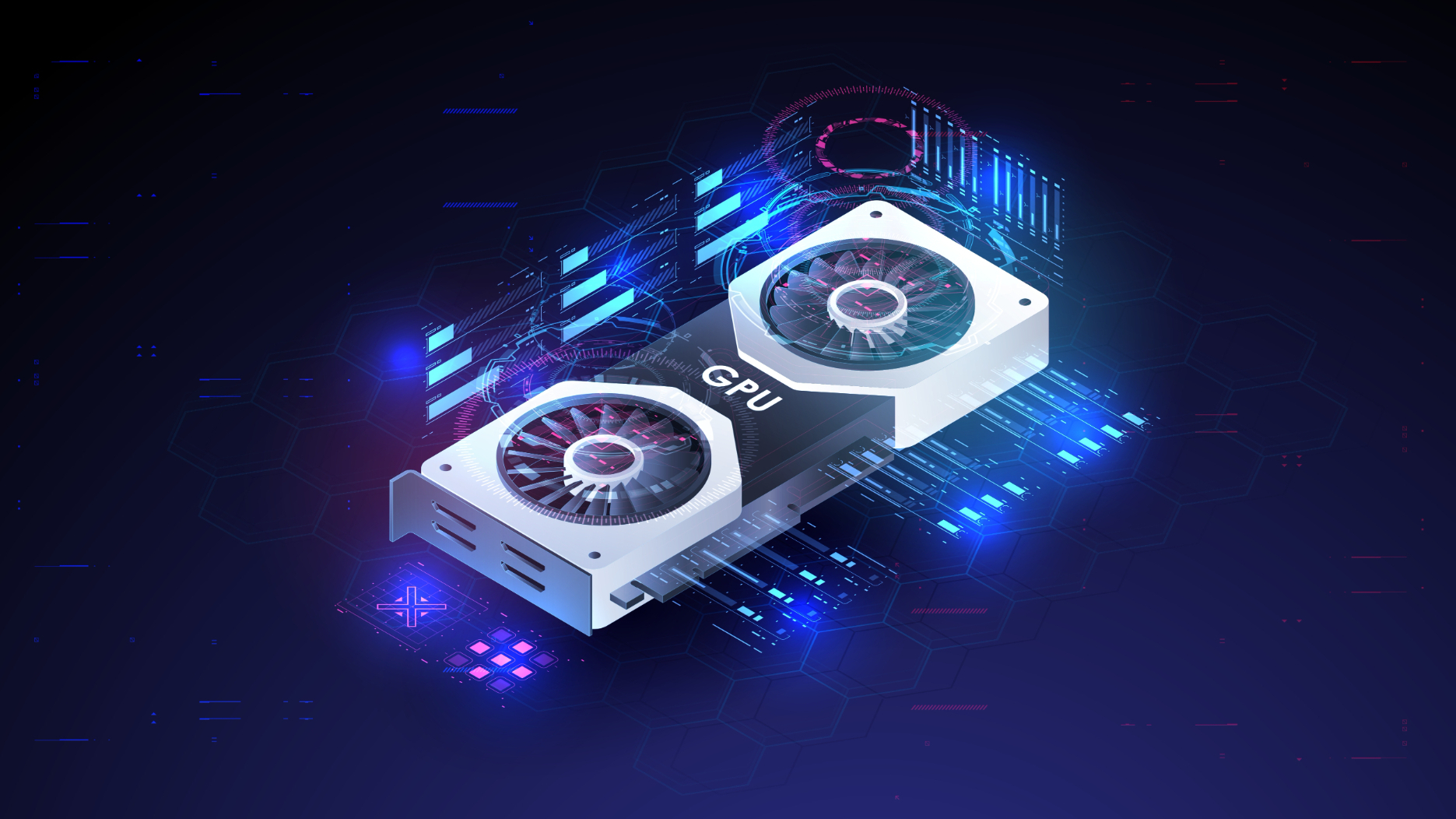









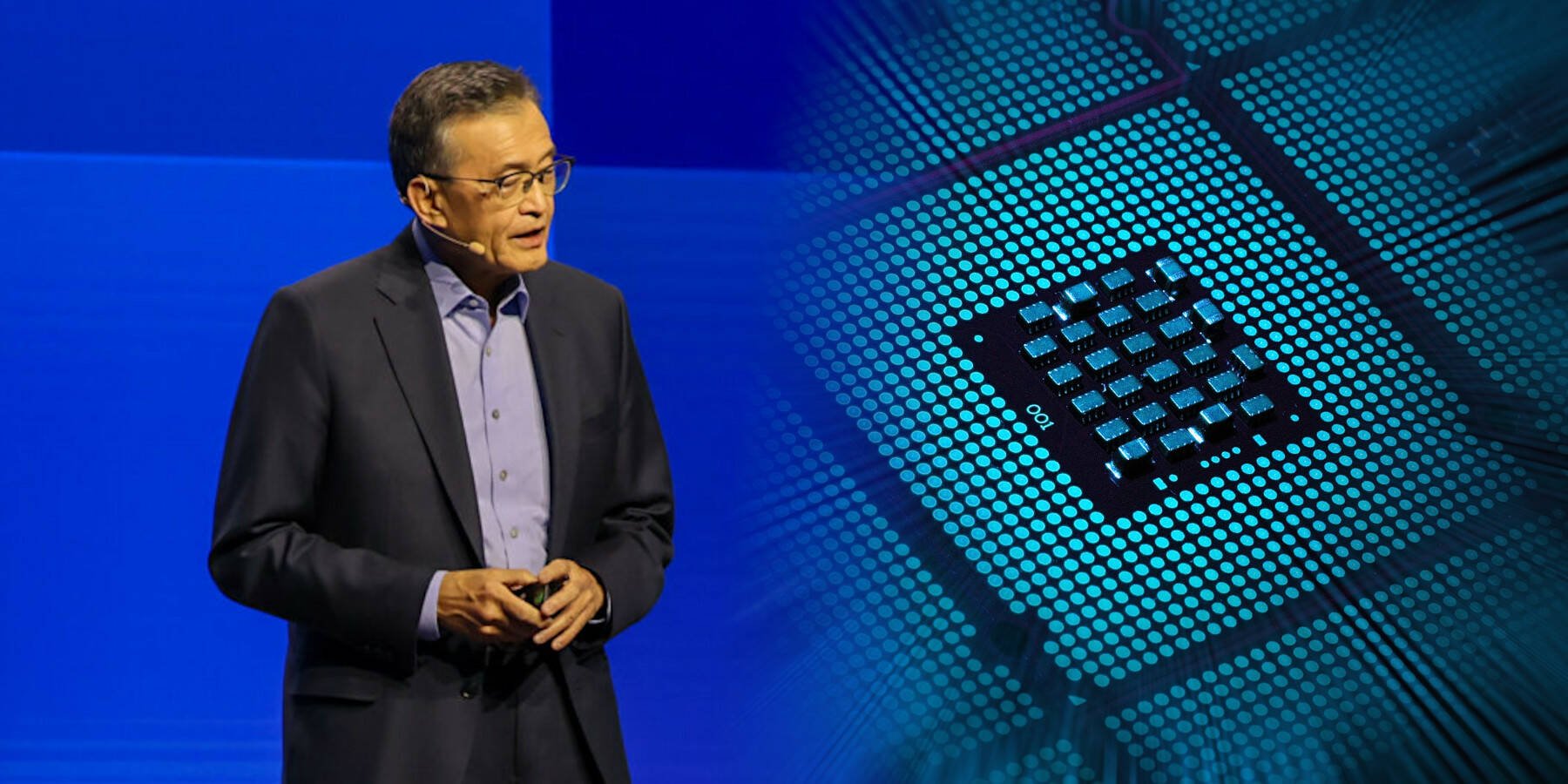

























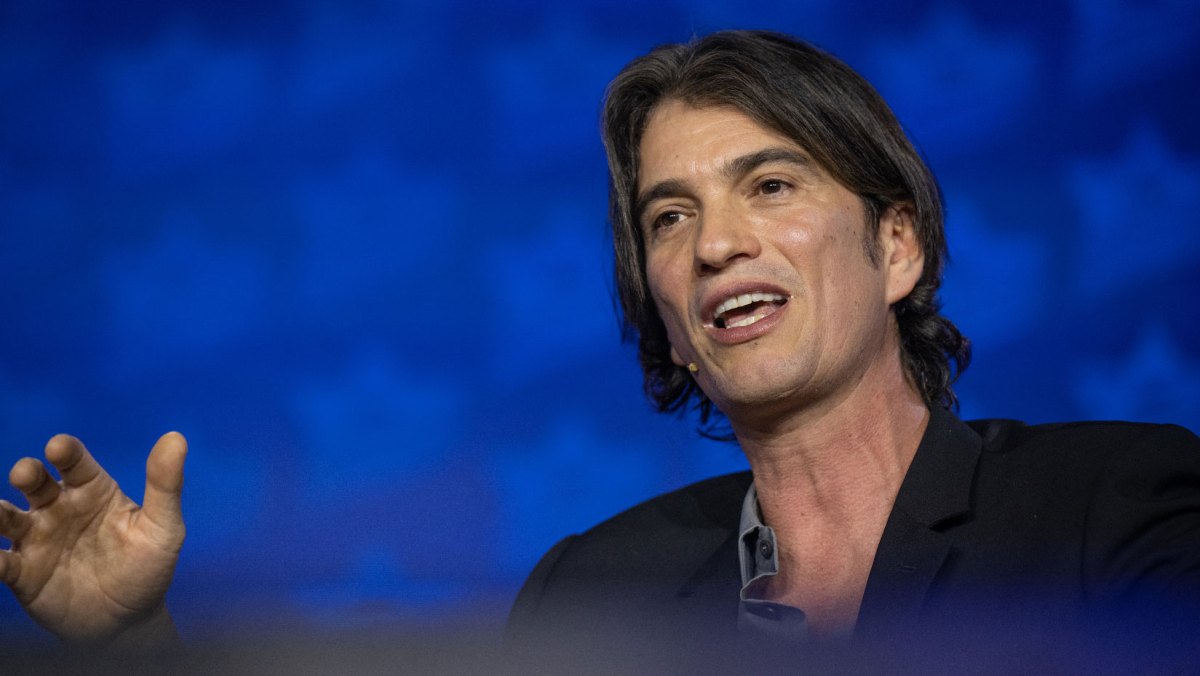






















































































































![[The AI Show Episode 144]: ChatGPT’s New Memory, Shopify CEO’s Leaked “AI First” Memo, Google Cloud Next Releases, o3 and o4-mini Coming Soon & Llama 4’s Rocky Launch](https://www.marketingaiinstitute.com/hubfs/ep%20144%20cover.png)

















































































































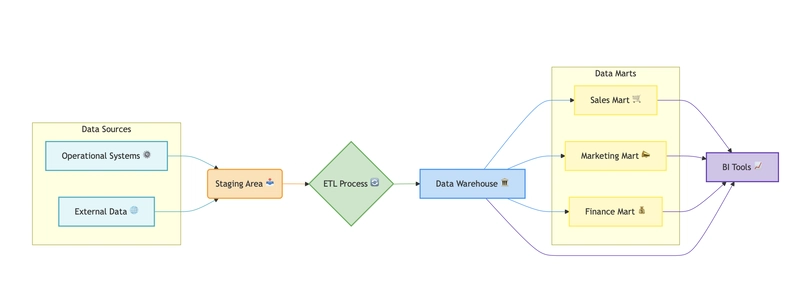

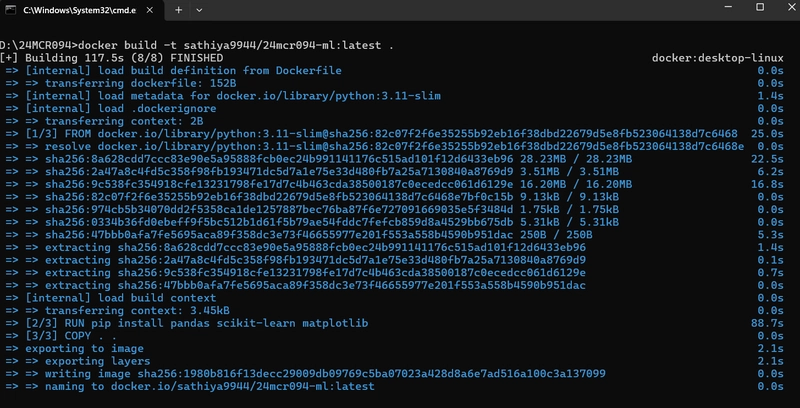
















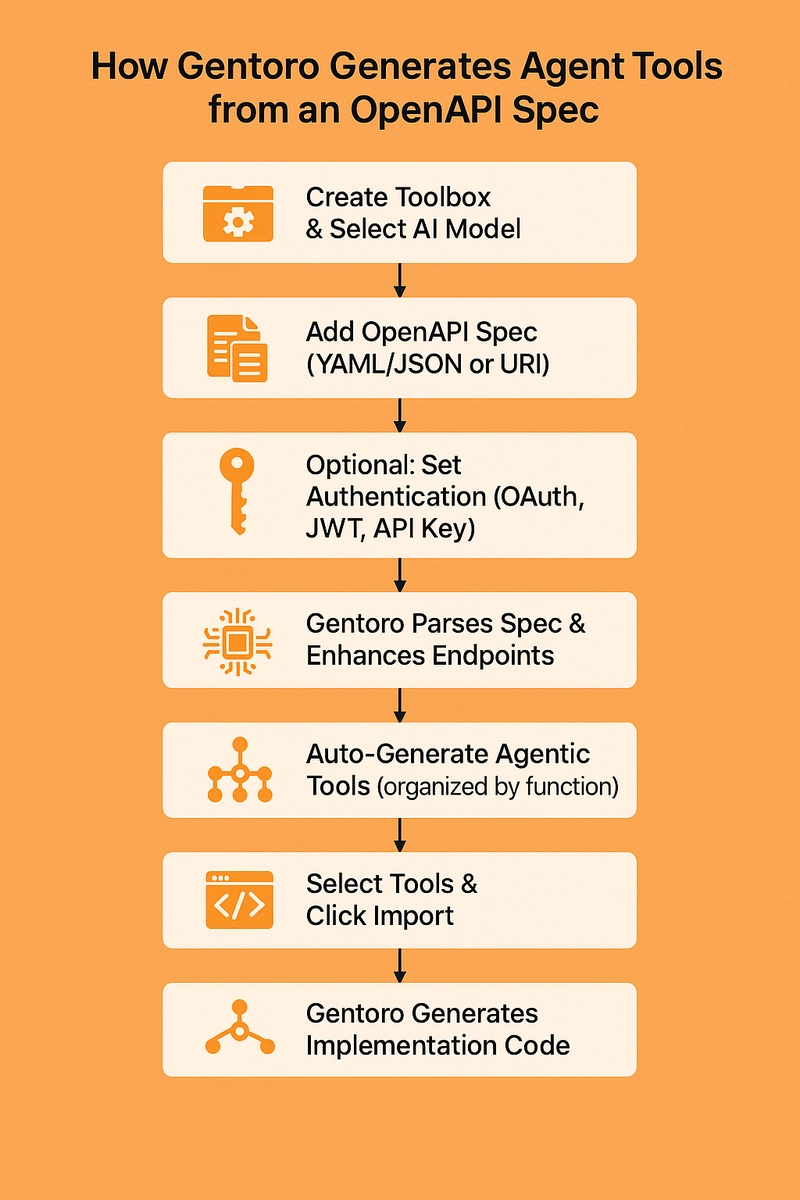
















































.jpg?width=1920&height=1920&fit=bounds&quality=70&format=jpg&auto=webp#)







































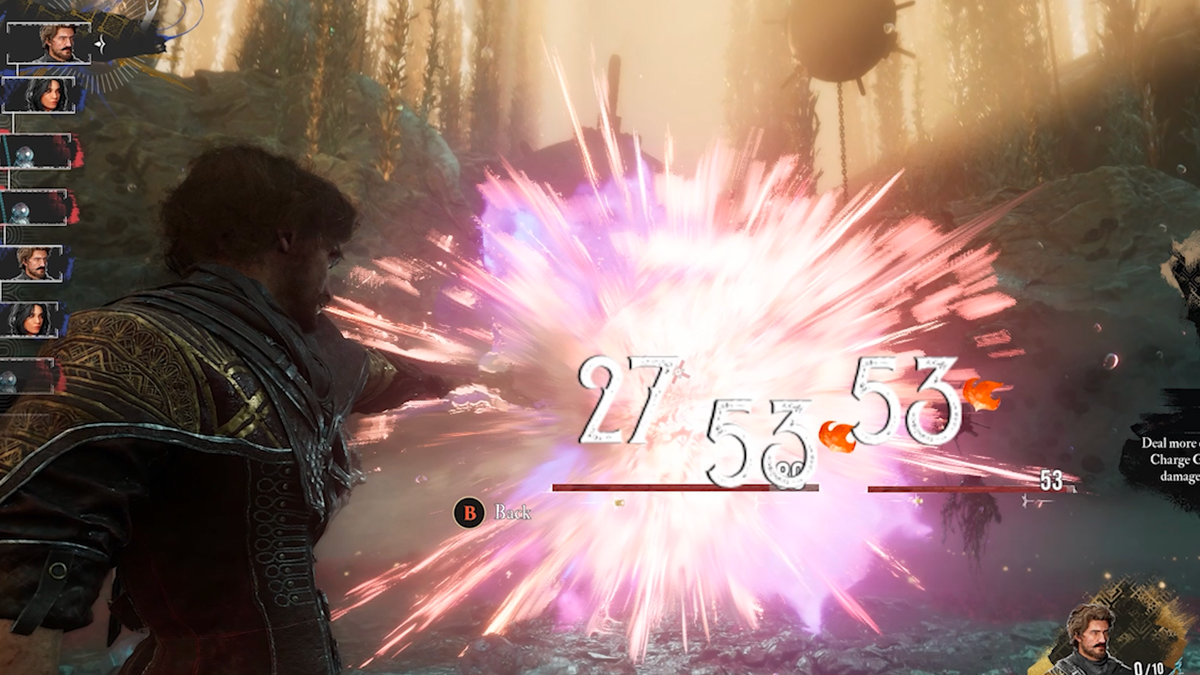












































_Olekcii_Mach_Alamy.jpg?width=1280&auto=webp&quality=80&disable=upscale#)







































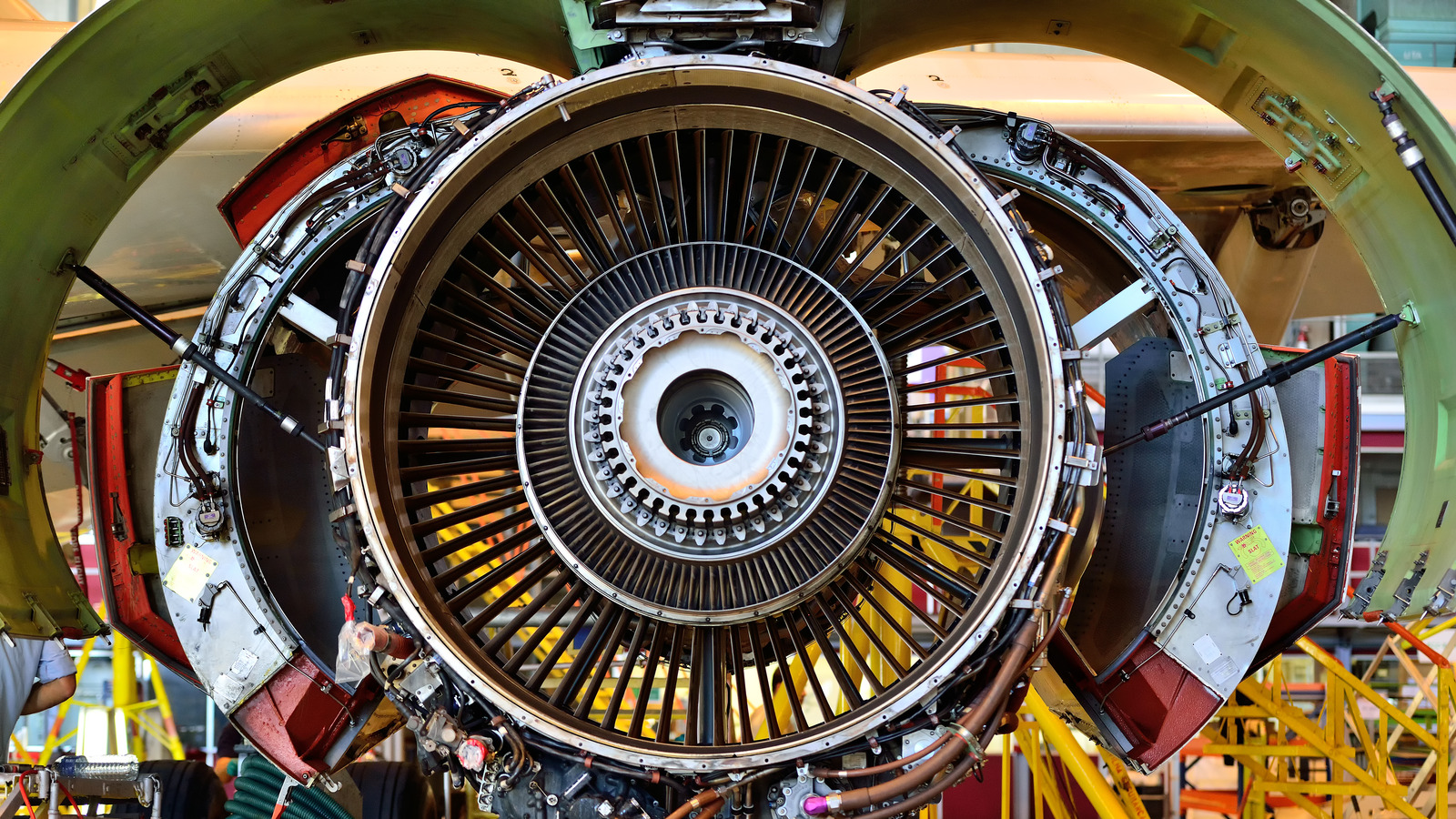








































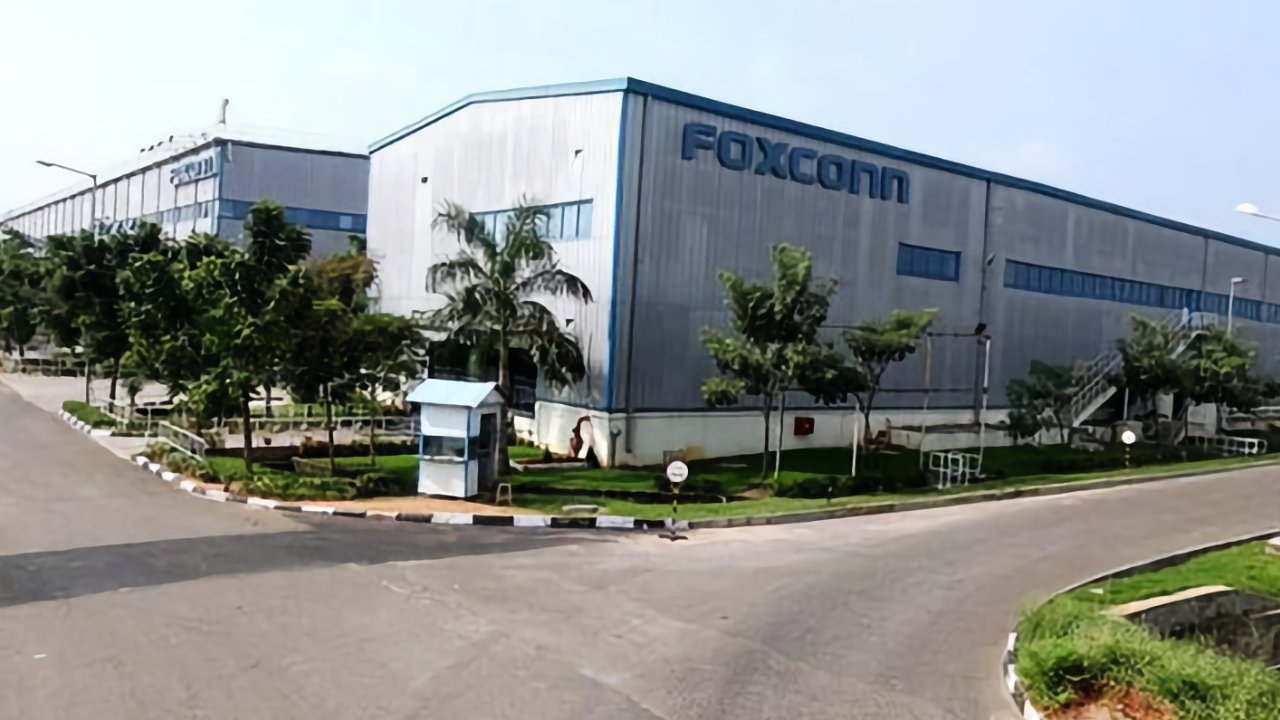

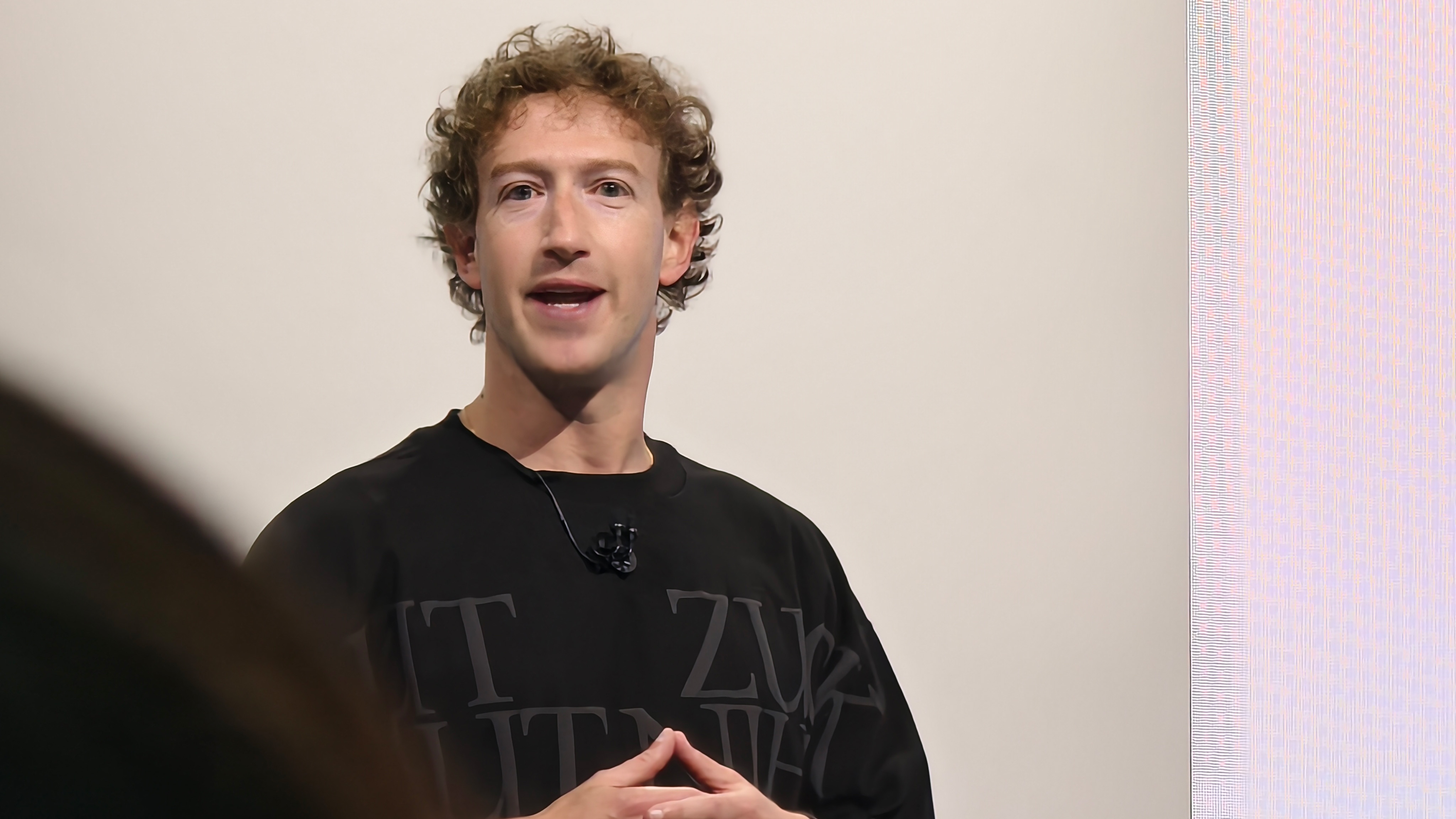
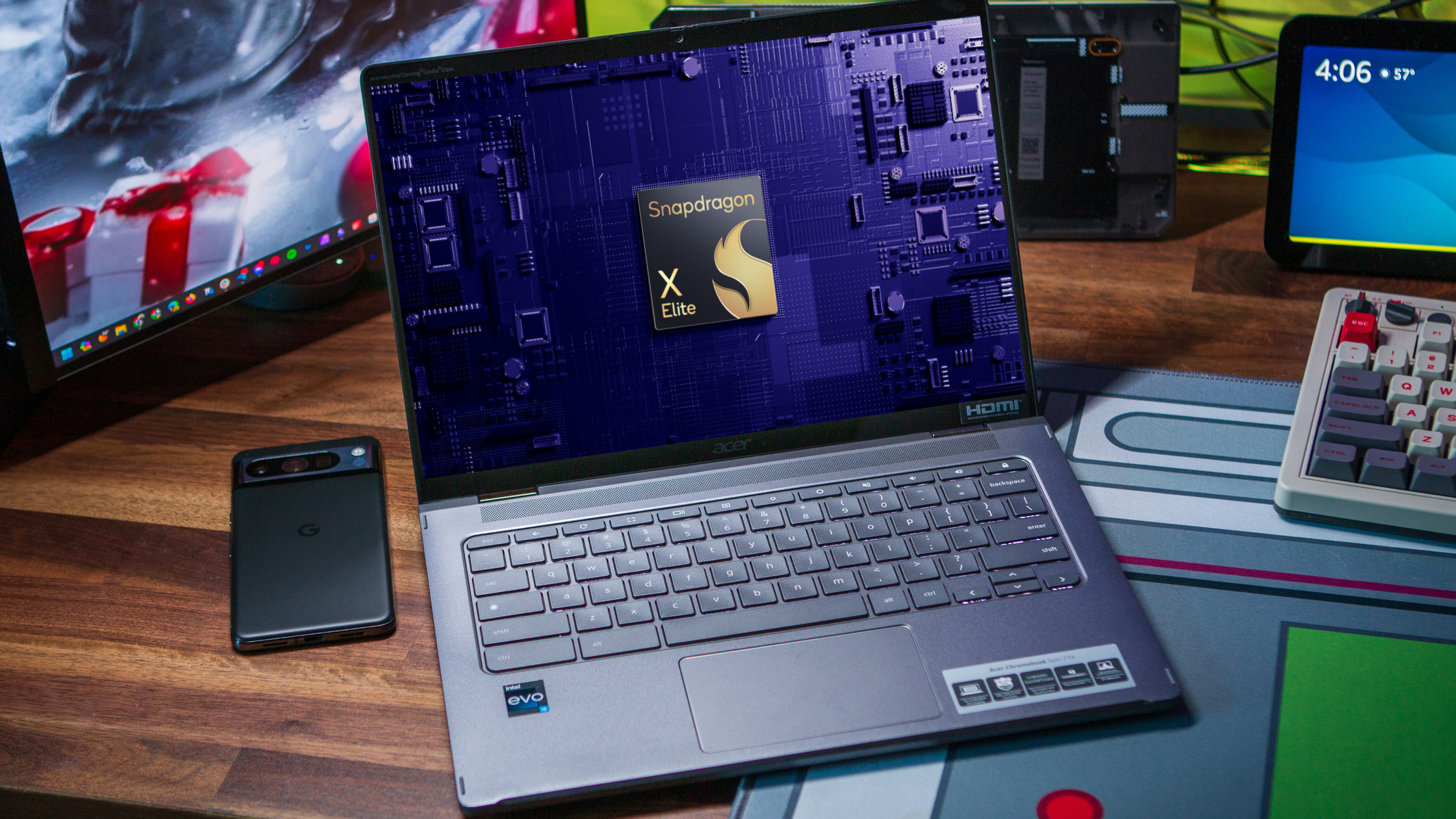


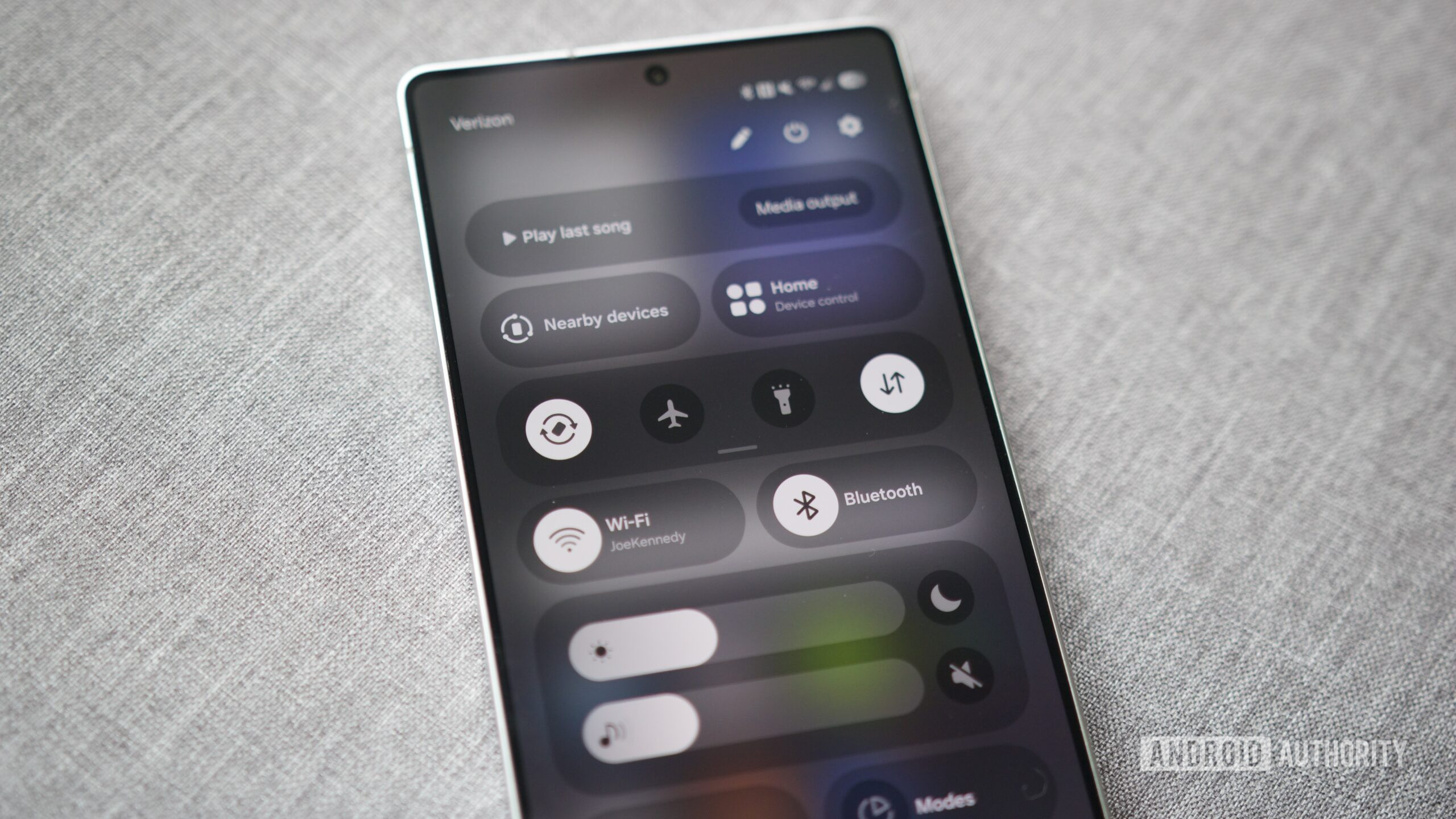

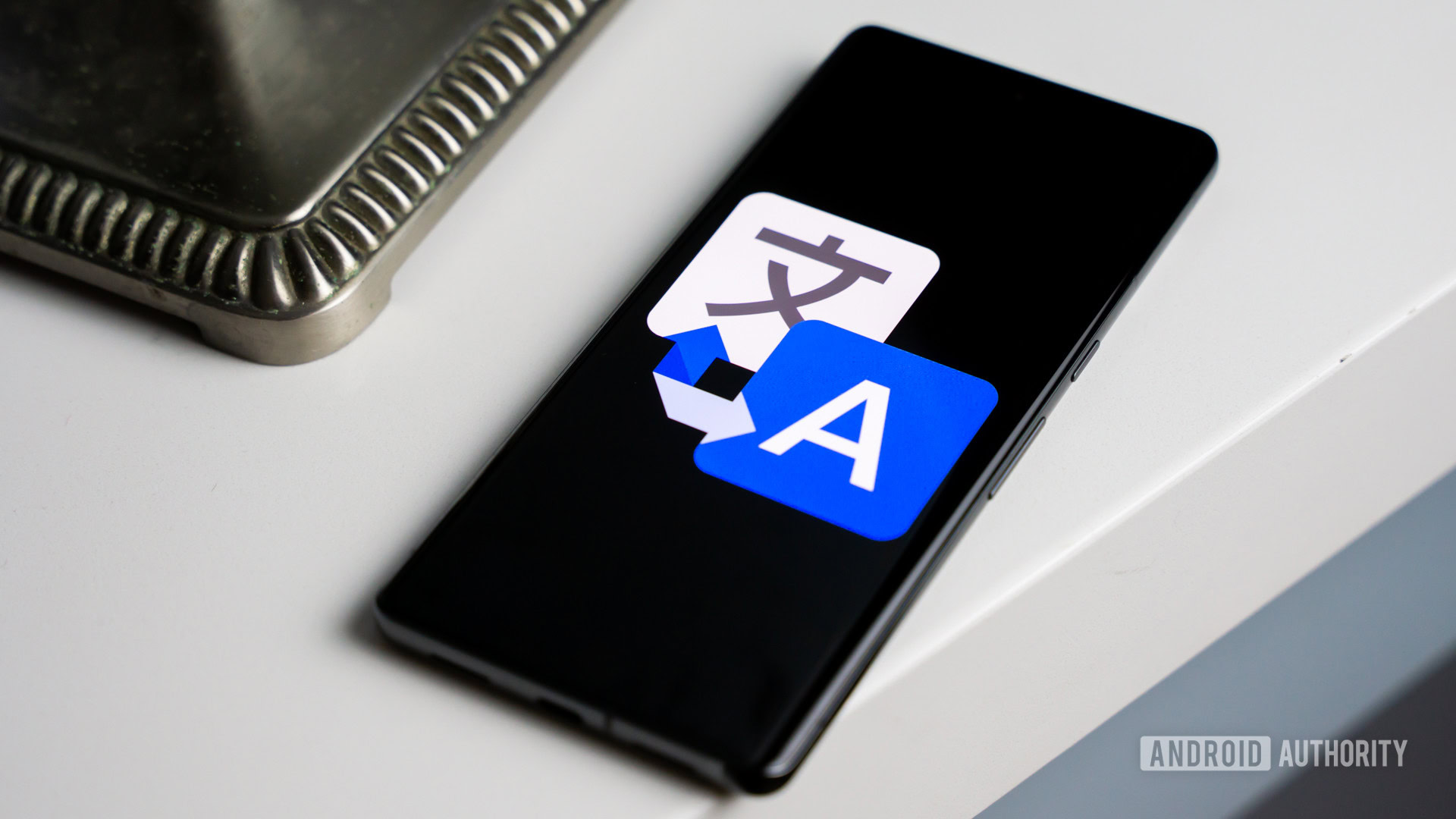

















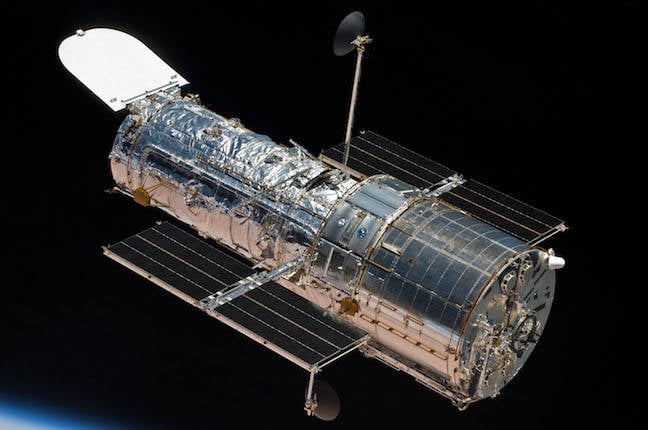

![Most iPhones Sold in the U.S. Will Be Made in India by 2026 [Report]](https://www.iclarified.com/images/news/97130/97130/97130-640.jpg)
![Apple to Shift Robotics Unit From AI Division to Hardware Engineering [Report]](https://www.iclarified.com/images/news/97128/97128/97128-640.jpg)

![Apple Shares New Ad for iPhone 16: 'Trust Issues' [Video]](https://www.iclarified.com/images/news/97125/97125/97125-640.jpg)















